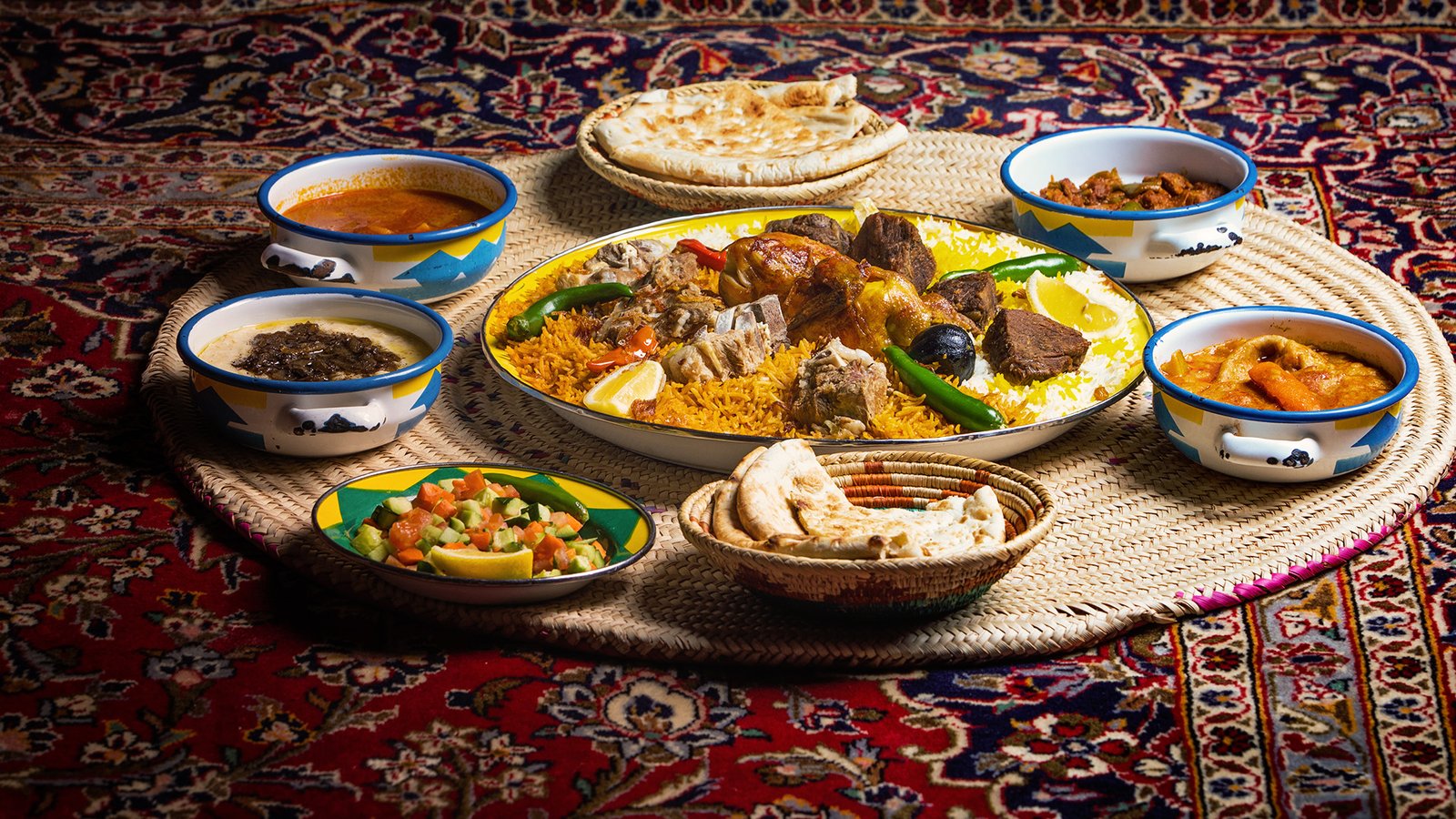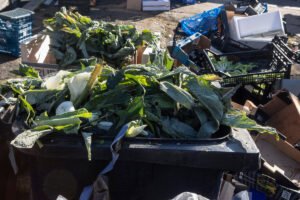Wednesday, 18 February 2026
Saudi UNESCO initiates International Food Atlas
The initiative’s primary goal is to preserve and document cultural heritage to ensure its sustainable transmission across generations The Culinary Arts Commission convened a virtual meeting to discuss the Saudi…

The initiative’s primary goal is to preserve and document cultural heritage to ensure its sustainable transmission across generations
The Culinary Arts Commission convened a virtual meeting to discuss the Saudi UNESCO-endorsed International Food Atlas and Digital Platform for Preserving, Promoting, and Transmitting Foodways to Tomorrow’s Generations. The initiative’s primary goal is to preserve and document cultural heritage to ensure its sustainable transmission across generations.
The meeting commenced with an introduction to the International Food Atlas as a specialised international platform aiming to document traditional food methods in the Kingdom of Saudi Arabia. This involves collecting, preserving, and disseminating both tangible and intangible cultural heritage related to traditional food practices, both locally and internationally. Additionally, the initiative seeks to encourage emerging generations worldwide to acquire culinary skills by involving local communities in documenting culinary heritage. Furthermore, it aims to bolster the local economy by supporting lunch methods, thereby contributing to economic growth, and fostering a deeper understanding of culinary heritage while exploring the connections between different cultures, according to the Saudi Press Agency.
Participants also deliberated on the benefits that local communities would derive from joining the International Food Atlas, such as enhancing income resources and implementing specialised approaches in food practices. Furthermore, the meeting addressed the Atlas’s alignment with the 2003 Convention on the Intangible Cultural Heritage, focusing on the five areas of intangible cultural heritage and culinary arts, which serve as the foundation for the Atlas initiative.
Technology
Carlsberg Launches AI-Crafted Lunar New Year Packaging
Feb 17, 2026 | Beverages
FAO Experts Assess Risk of Antimicrobial Resistance Spreading via Food Loss and Waste
Feb 17, 2026 | Sustainability
Food Testing
Redefining Trust in Organic Foods through Independent Testing
Feb 13, 2026 | Food Safety and Testing
AFNOR International Eyes Global Food Safety Growth with HACCP Group Takeover
Feb 04, 2026 | Australia
More Popular
Hormel Foods Announces Agreement to Sell Whole-Bird Turkey Business to Life-Science Innovations
Feb 18, 2026 | Company News
Kodiak Expands Frozen Lineup with No Sugar Added Homestyle Power Waffles
Feb 18, 2026 | Company News






